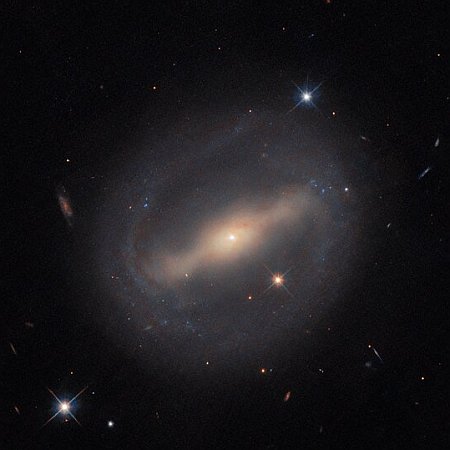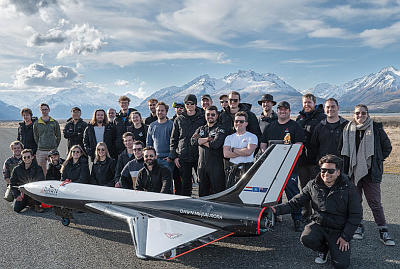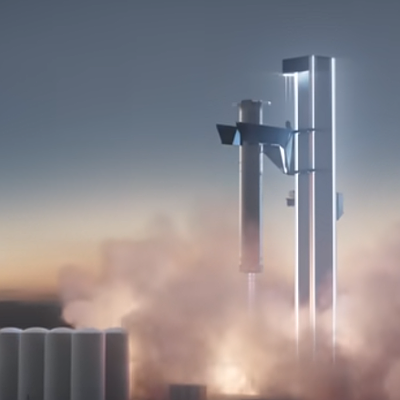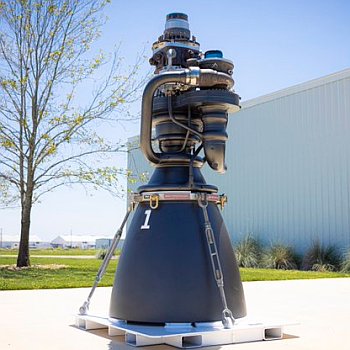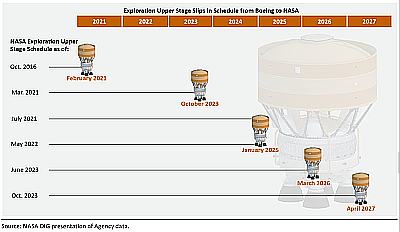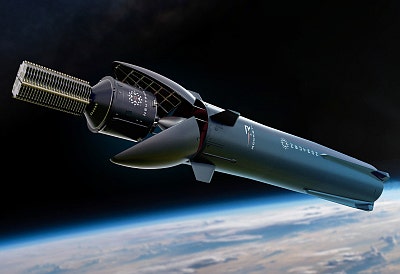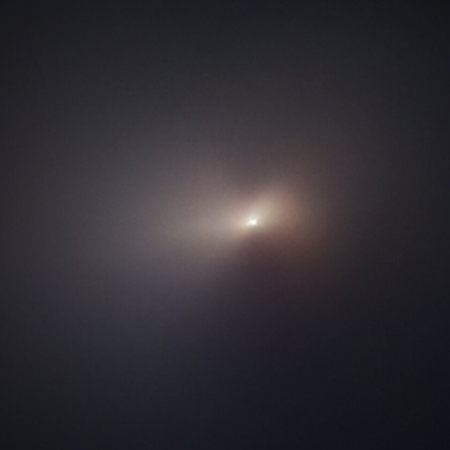SpaceX announces another commerical passenger flight on a Dragon capsule
SpaceX today announced it will fly a four-passenger commerical flight, using the Dragon capsule dubbed Endurance and flying the first manned human flight to circle the poles.
The private Crew Dragon mission will be led by a Chinese-born cryptocurrency entrepreneur named Chun Wang, and he will be joined by a polar explorer, a roboticist, and a filmmaker whom he has befriended in recent years.
The “Fram2” mission, named after the Norwegian research ship Fram, will launch into a polar corridor from SpaceX’s launch facilities in Florida and fly directly over the north and south poles. The three-to-five day mission is being timed to fly over Antarctica near the summer solstice in the Southern Hemisphere, to afford maximum lighting.
As with the Jared Isaacman’s previous and future Dragon manned missions, the flight avoids any of the NASA bureucracy and costs by not docking with ISS. The flight is targeting a launch date before the end of this year, but that date is not firm.
SpaceX today announced it will fly a four-passenger commerical flight, using the Dragon capsule dubbed Endurance and flying the first manned human flight to circle the poles.
The private Crew Dragon mission will be led by a Chinese-born cryptocurrency entrepreneur named Chun Wang, and he will be joined by a polar explorer, a roboticist, and a filmmaker whom he has befriended in recent years.
The “Fram2” mission, named after the Norwegian research ship Fram, will launch into a polar corridor from SpaceX’s launch facilities in Florida and fly directly over the north and south poles. The three-to-five day mission is being timed to fly over Antarctica near the summer solstice in the Southern Hemisphere, to afford maximum lighting.
As with the Jared Isaacman’s previous and future Dragon manned missions, the flight avoids any of the NASA bureucracy and costs by not docking with ISS. The flight is targeting a launch date before the end of this year, but that date is not firm.






